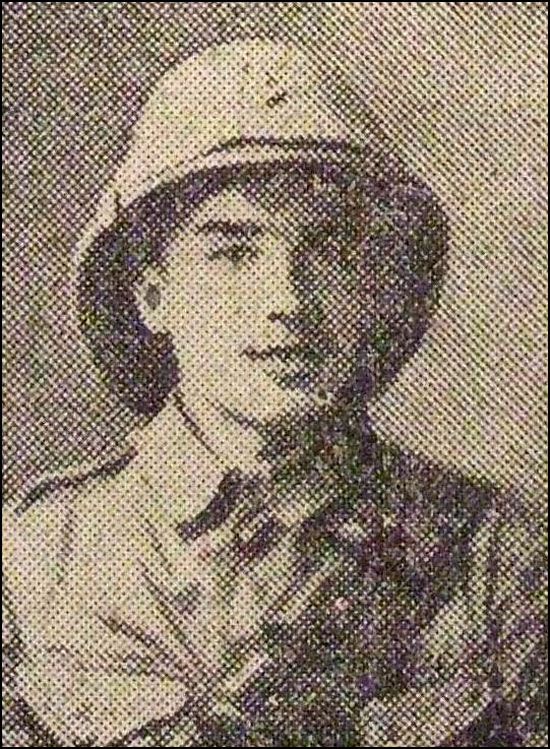Private William Joseph Matchett
William Joseph Matchett was born on 12 December 1889 at Tullyhugh, Tandragee, County Armagh, the fifth of eleven children of watchkeeper and farmer George Alexander and his wife Jane (nee Davison). By the time of the 1911 Census he was living with his widowed mother and six younger siblings at Mount Oriel, Willowbank Street, Belfast, and working as a linen warehouse clerk.
On 18 August 1916 Matchett left his job as a cashier at the York Street Flax Spinning Company and enlisted in the North Irish Horse at Belfast (No.2237 – later Corps of Hussars 71719). On 28 January 1917 he embarked for France, where he was posted to B or C Squadron of the 2nd North Irish Horse Regiment, which was then serving as corps cavalry to X Corps.
In August 1917 orders came that the 2nd NIH Regiment would be disbanded and the men transferred to the infantry. Matchett was one of 70 men given the job of conducting the regiment's horses to Egypt. They embarked from Marseilles on board HMT Bohemian on 25 August. After a month at Alexandria they returned to France, through Italy, where they were transferred to the infantry and posted to the 9th (Service) Battalion, Royal Irish Fusiliers – renamed the 9th (North Irish Horse) Battalion.
While they were at Alexandria, however, Matchett had fallen ill with dysentery and malaria. He was admitted to the 15th General Hospital in Alexandria, remaining there until the end of the year, when he returned to France.
On 1 January 1918 Matchett was transferred to the Royal Irish Fusiliers (No.41698) and was posted to the 9th (North Irish Horse) Battalion. He may have seen action with the battalion during the retreat from St Quentin from 21 to 28 March.
Matchett was wounded in the left forearm in the actions between Wulverghem and Kemmel in April 1918 (probably on the 12th). Whether he saw any further front line service is unknown at present.
On 10 February 1919 Matchett was demobilised and transferred to Class Z, Army Reserve. His military character was recorded as 'very good'.
Image from Belfast Evening Telegraph, showing Matchett in Egypt in August-September 1917, kindly provided by Nigel Henderson, Researcher at History Hub Ulster (www.greatwarbelfastclippings.com).

